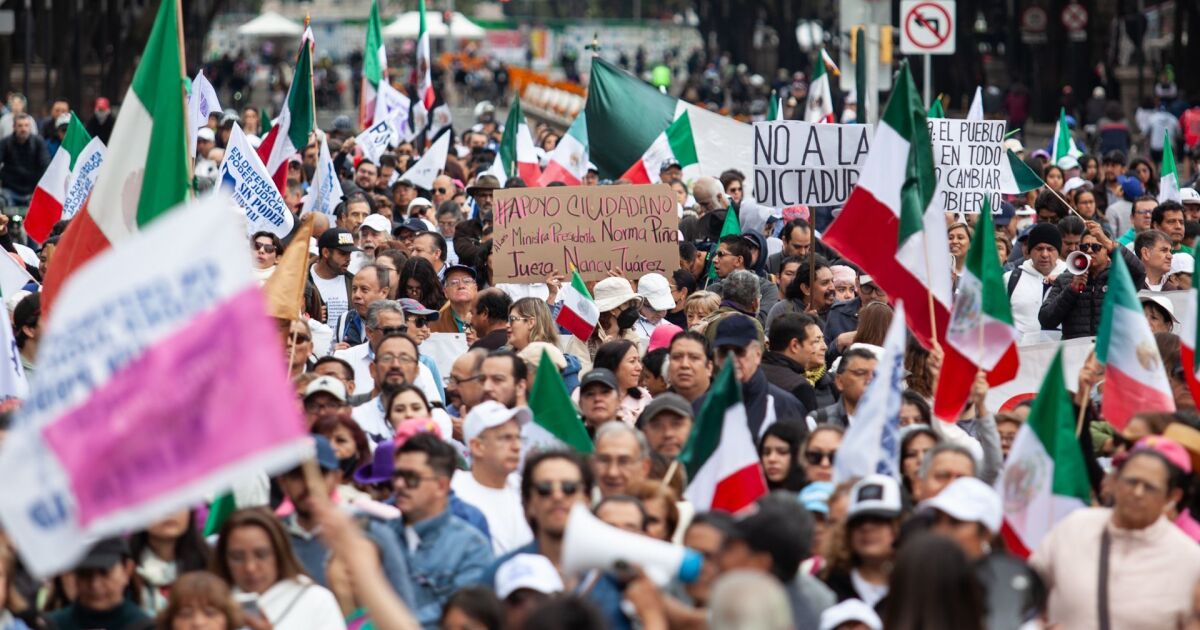“In the case, there are no argumentative or dialogic efforts on the part of the reform power to explain how the Judicial Reform does not definitively undermine judicial independence, as an essential pillar of the democratic rule of law and as a guarantee for the exercise of human rights,” the judge explained.
“The argument represents an overflow of the competence of the reforming body, since in the exercise of a legitimate power, it went beyond what was constitutionally permitted, by ignoring an element that the Constituent Assembly impregnated in the Constitution as an essential and foundational element of the State, exempt of modification by any constituted power, such as the division of powers and the guarantee of human rights, manifested through judicial independence,” he added.
For months, judges have issued rulings to try to overthrow the procedure, the publication in the Official Gazette of the Federation (DOF) and the implementation of the Judicial Reform. None has managed to stop its effects.
The judge’s decision occurs hours after the Justice Commission of the Chamber of Deputies quickly processed and ruled favorably on the minutes of reforms to the Organic Law of the Judicial Branch of the Federation, the Judicial Career Law and the General Law of Responsibilities. Administrative.
The three legal amendments, secondary to the Judicial Reform, will be submitted to a vote of the plenary session and seek to provide a legal framework for the changes already made at the constitutional level.
Among other things, the Judicial Reform will cause the positions of ministers, magistrates and judges to be contested at the polls next year.















